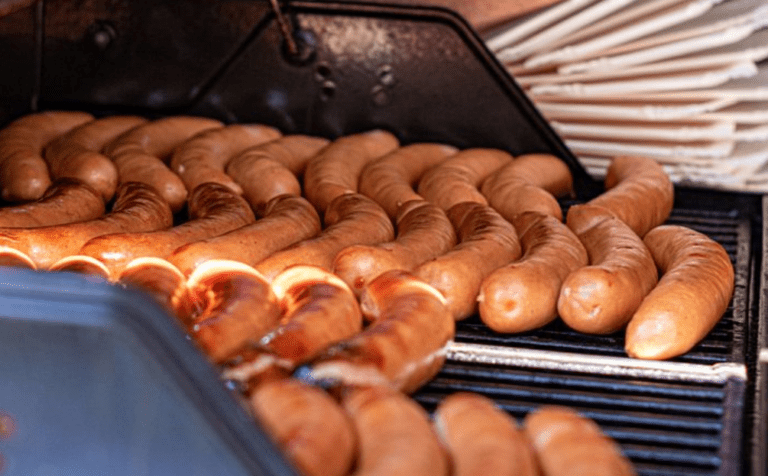
According to the World Health Organization (WHO), nitrite in food is responsible for 32,000 cases of intestinal cancer each year.
A recent study published in the npj Science of Food sheds light on the reasons for this from one perspective.
Consumption of nitrite-containing meat significantly increased the number of gastrointestinal tumors in mice, which in turn increased the risk of colorectal cancer.
The study was reported in the UK’s Guardian newspaper, and some scientists have called on the UK government to adopt a ban on nitrite additives as a result.
The researchers fed six-week-old mice four different combinations: standard chow, 85% chow and 15% pork, 15% meat sausage (nitrite free) and 15% frankfurter sausage (nitrite containing) that lasted 59 days.
They then examined the number of gastrointestinal tumors in the mice.
They found that the last group had 53% more tumors than the mice in the control group, and also significantly more than the other two groups.
In addition to this, the scientists counted 599 indicators of serum metabolites and observed significant changes in 218 indicators in the frankfurters group, compared to only about 50 in the regular pork and meat sausage group.
Among these indicators, trimethylamine N-oxide (TMAO) stands out, which has been previously shown to be associated with the development of colorectal cancer.
The reason for the changes in these indicators may be due to the nitrite-containing diet altering the lipid peroxidation process and the composition of the intestinal flora of the mice.
